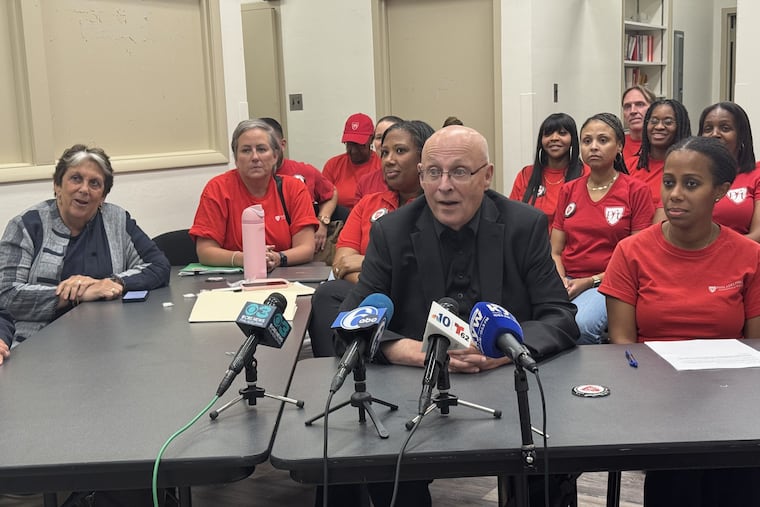Trump administration seeks judicial oversight of Columbia University to address antisemitism initiatives.
The Trump administration has initiated efforts to establish a legal agreement that would place Columbia University under the supervision of a federal judge. This move is part of a broader strategy to resolve ongoing disputes surrounding federal funding, particularly in light of recent allegations regarding the university’s handling of antisemitism on campus.
According to reports from Media News Source, a task force focused on combating antisemitism within the federal government is advocating for what is known as a “consent decree” to facilitate a resolution between Columbia University and federal authorities. This legal arrangement is designed to ensure that Columbia adheres to specific changes negotiated with the federal government. Failure to comply with the terms of such an agreement could result in substantial financial penalties for the university.
While representatives from Columbia University have not confirmed whether they are actively considering a consent decree, they have indicated that dialogues with federal officials are ongoing. The university issued a statement emphasizing its commitment to restoring essential research funding that has been put at risk.
The backdrop to these developments is the recent cancelation of approximately 0 million in grants and federal contracts awarded to Columbia. This drastic measure was taken in response to allegations that the university had not sufficiently protected Jewish students from harassment. In a bid to recover these funds, Columbia had proposed several changes, including increasing administrative oversight of its Middle Eastern studies program.
The challenges facing Columbia have prompted significant leadership changes, culminating in the resignation of interim president Katrina Armstrong. Her departure has been characterized by the federal antisemitism task force as a crucial step toward advancing negotiations. During her tenure, Armstrong faced criticism for her management of mask policies and other measures agreed upon with the federal government, which some faculty members viewed as a compromise of academic principles.
In the wake of Armstrong’s resignation, Columbia has not only contended with university governance issues but has also seen faculty members rallying to highlight the potential adverse effects of funding cuts on medical research and advancements. They have publicly expressed their concerns while simultaneously pushing back against perceived infringements on academic freedom.
As of now, the exact stipulations that the federal government would impose pursuant to a consent decree remain unclear, and no formal lawsuit has been filed by either party to initiate legal proceedings. The U.S. Department of Education has yet to respond to inquiries regarding these developments. The outcome of this situation, particularly regarding the reinstatement of hundreds of millions in potentially jeopardized research grants, remains uncertain amidst a complex intersection of federal oversight and academic autonomy.







